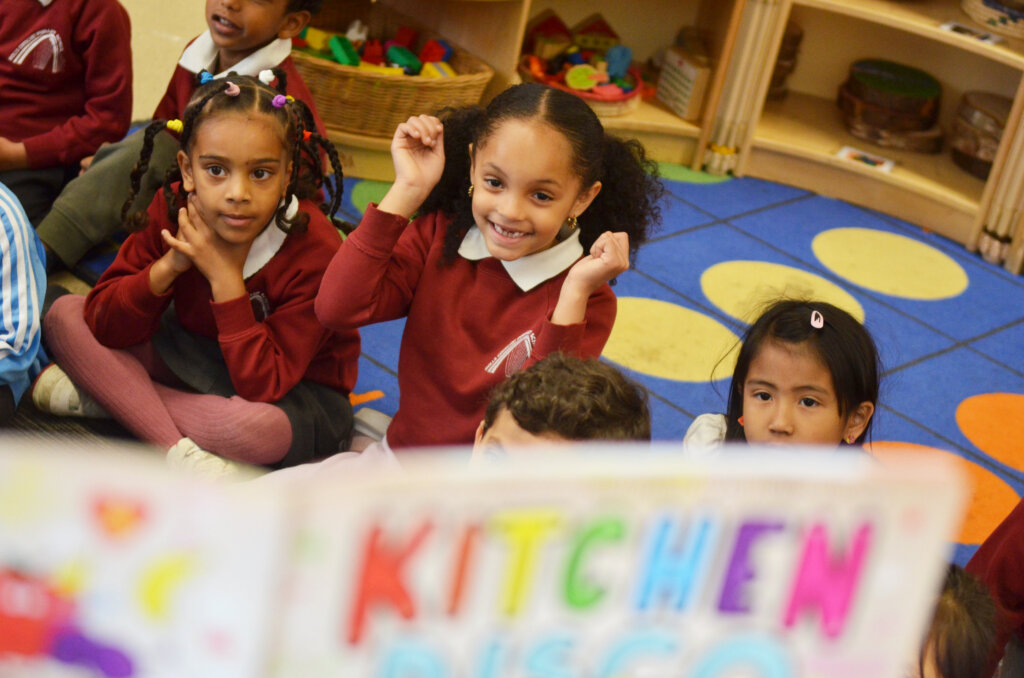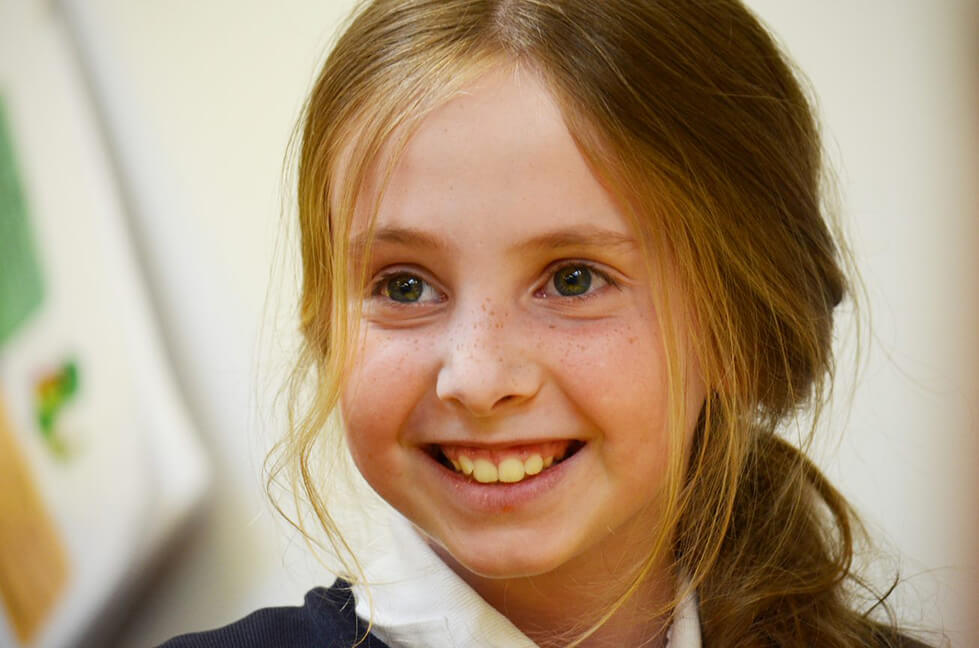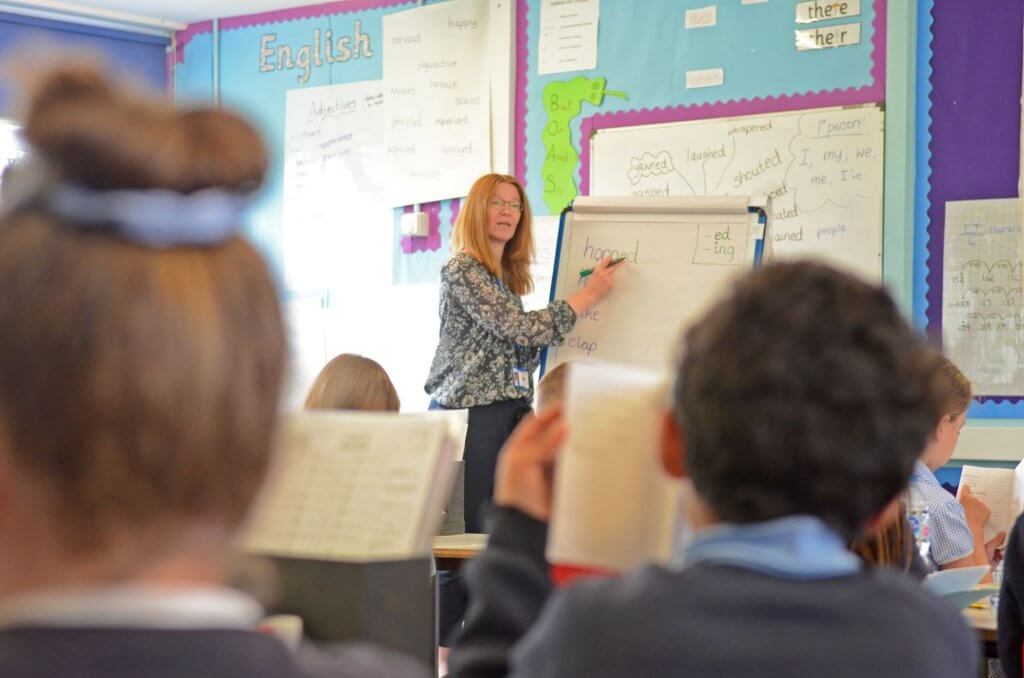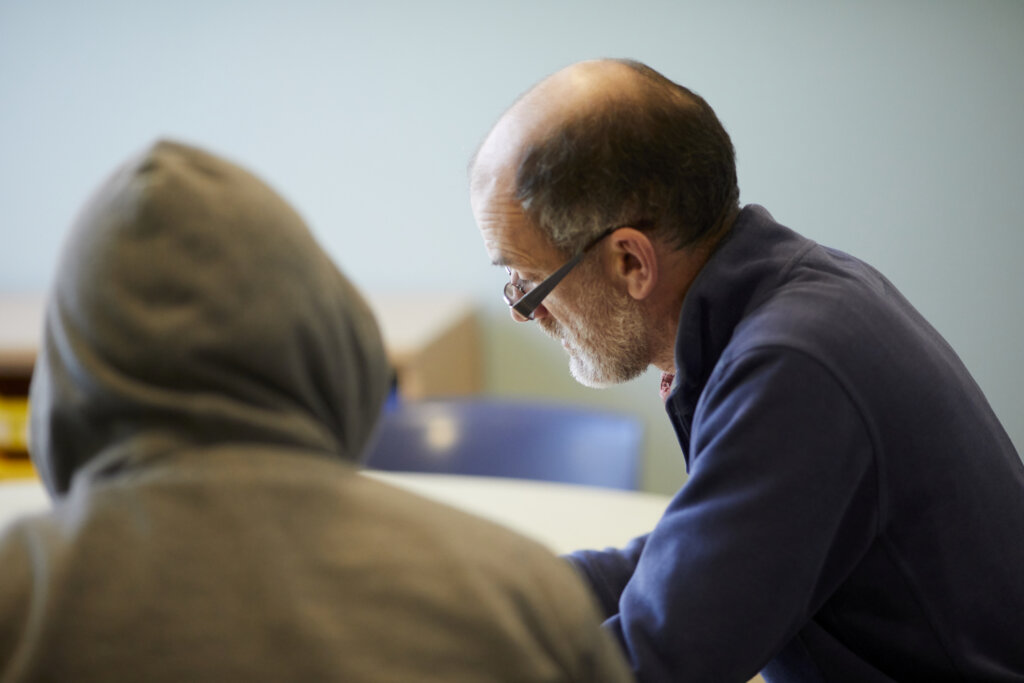Video Interaction Guidance (VIG) can be used as an intervention, in place of assess, plan, do and review consultations or for professional development. It is a flexible approach that can be tailored around a child’s and/or schools’ particular needs.
VIG gives individuals a chance to reflect on their interactions, drawing attention to what already works and helping them to make changes that they want to make.
VIG improves relationships and communication. In schools, the link between positive relationships and pupils’ wellbeing, resilience and achievement has long been recognised. Three separate National Institute for Health and Care Excellence (NICE) guidelines recommend video interaction feedback, namely:
- Social and emotional wellbeing: early years (2012)
- Autism spectrum disorder in under 19s: support and management (2013)
- Children’s attachment (2016)
At One Education, our educational psychologists have used VIG in a range of ways, for example by supporting:
- Early years professionals working with children displaying social, emotional and mental health needs
- A key adult in a mainstream school working with an autistic child struggling to cope in the setting
- A teacher using therapeutic play approaches when working with an adopted school aged child
- Educational staff and/or foster carers to support the education and placement of children whom are looked after
- Parents to enhance their relationship with their child
- A group of special school staff to develop their reflective practice and learner engagement
- A group of mainstream teaching assistant to support their direct involvement with children on the SEN register
Outline of VIG session:
For any one ‘cycle’ of work, the VIG guider will first set goals with the adult client they are working with (e.g. the teaching assistant or parent).
The child or the adult client will be filmed by the guider for about 10 minutes (sometimes the adult client may film themselves working with the child).
The VIG guider or the adult client will then choose ‘positive moments’ from these clips and they will look at these clips together.
Discussion will take place about these clips in relation to the goals agreed. The VIG guider and adult will decide if it is helpful to carry out additional ‘cycles’ of work. The number of cycles vary, but are typically between one and four cycles.
The VIG guider will work with the adult either individually or in a small group.
This short video offers an excellent outline of VIG.
What previous clients have said:
In partnership with the University of Manchester, we are also involved in research into VIG and its use in education. These are some comments our clients have made about VIG:
- ‘Looking back at the clips…. sometimes you don’t realise your good practices. When you sit down and look at it together you can take some of their ideas and they can take yours and you can see you are doing a good job.’
- ‘It’s helped me… with confidence… it has helped me with each challenge that I came across each day.’
- ‘I was more aware of myself, I was more reflective about what I was doing, it made me more positive about my practice.’
- ‘I have learnt it is important to give children time and look at what interests them.’
Our Educational Psychologist team have carried out VIG interventions with both The Birches Specialist Support Primary School and Webster Primary School. Watch their videos where they discuss how our support helped their school.
If you would like to discuss how VIG could support your school or any of our other support packages, please contact Dr Mehmet Agdiran or call 0844 967 1111.
Please get in touch or visit our educational psychology page for more information.















